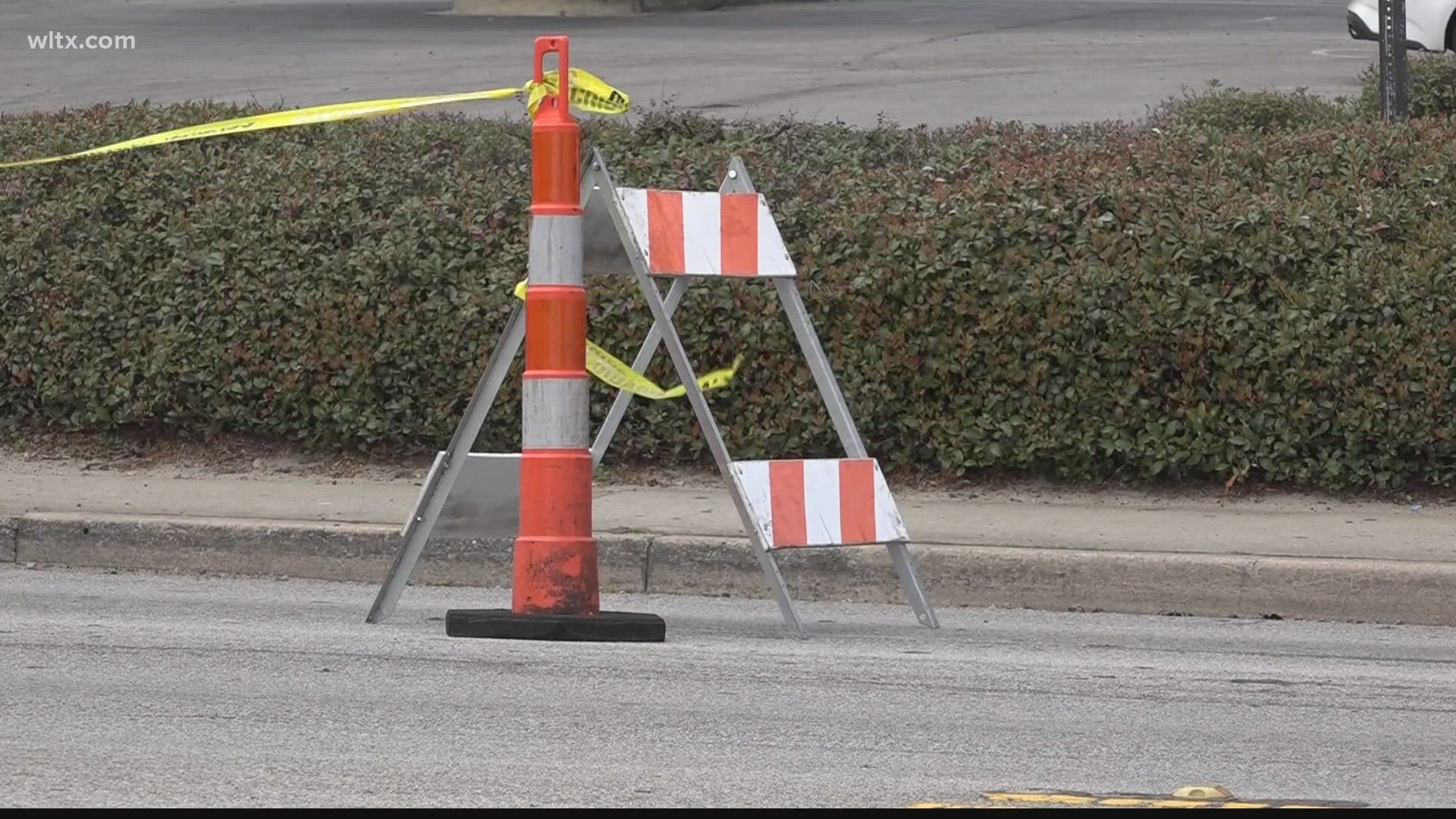LEXINGTON COUNTY, S.C. — On Wednesday, an agreement where Lexington County paid for the maintenance of municipal roads and drainage ended.
The agreement had been in place since 1978, but Lexington County said because of how it's growing, it can't keep up with the cost of paying for this. As a result, the mayors of these municipalities are not happy.
The question is whether Lexington County and its 14 municipalities can reach a new agreement.
Lexington County Council Member Charli Wessinger tells News 19 unincorporated areas of Lexington County didn't want to continue to be annexed into municipalities. She explains when property becomes annexed, the county's new agreement is a tool to help preserve Lexington County ordinances.
"So, this is a step to help our residents in the unincorporated areas with what they want their futures to look like in their communities," said Wessinger.
For the past few months, there has been a back-and-forth between Lexington County Council and local mayors. The groups are trying to work out a compromise that gives mayors in 14 towns and cities within Lexington County the option of a new agreement with the county to continue to assist with the maintenance of their roads and drainage systems.
If they opt-out, it's up to these towns and cities to figure out how they'll take care of their roads and drainage moving forward.
Bill Danielson is the mayor of Irmo.
"They want us, anything going forward, any development going forward, to abide by their new zoning requirements, which is exceedingly strenuous from an enforcement standpoint, and we feel kind of strong-armed actually," Danielson said.
Danielson said he fears what will happen as the town doesn't have the personnel, budget or resources to maintain its roads and drainage, but he also doesn't want Lexington County to limit Irmo's growth.
Lexington County representatives explain growth is the problem and make the new agreement necessary.
"The penny tax did not pass, or the capital project sales tax did not pass in 2022, so in looking at the number of roads and the amount of roads that the county has been taking in every single year for a new development, it's just compounding the problem," Wessinger said. "So, in another 10, 15, 20 years, it's going to be so much worse."
Debbie Summers is the Lexington County Council member for district four.
"My regret is that we did not initially pull all of the representatives from all of the municipalities together, sit around a table, talk about what the issue was, what our concerns were and listen to what they had to say, and maybe they have some ideas or suggestions, but we didn't do that," Summers said.
According to other Lexington County Council members, there were numerous conversations with municipalities on the terms of a new agreement, but when they could not find common language with the 14 municipalities, Lexington County Council reduced their agreed language to writing and provided a statement to each municipality.
Mayor Tem Miles of West Columbia said he's leading an effort to appeal to state lawmakers to change a law allowing county councils to decide how C-taxes are spent.
According to local leaders, C-taxes are gas taxes paid at the pumps. This tax is then collected by the State of South Carolina, which then distributes monies based on population and demographics.
According to the S.C. State House website, in 1994, County Transportation Committees (CTCs) were created. It explains that according to present legislation, South Carolina Code of Laws §12-28-2740 (the C fund statute), requires each county to have a CTC.
"Members of the CTC must be appointed by the county legislative delegation. There is no prescribed number of members for the CTC. All CTCs must be made up of fair representation from municipalities and unincorporated areas of the county. A county's legislative delegation may by delegation resolution abolish the CTC and devolve its powers and duties on the governing body of the county," the S.C. State House website explains.
Miles said most counties in the state have a C-tax commission model, in which a body other than the county council determines how C-tax funds are utilized. Miles said this is the case for about 36 counties in South Carolina.
Miles said only a handful of counties utilize county councils to make these C-tax determinations, and Lexington County is one of them.
West Columbia plans to vote on its resolution and send it to state lawmakers next week. Miles said he intends to send a copy of this resolution to all other municipalities Wednesday night.

